Mastering Accounting: Essential Skills Every Aspiring Accountant Should Learn
In today’s fast-paced financial world, mastering accounting is essential for those who wish to build a successful career in finance or business. Whether you’re just starting your journey or looking to enhance your skills, accounting training is a powerful tool that helps you manage financial records, ensure accuracy, and play a vital role in the business’s financial health. At The Tax Compliance, we believe that mastering the following essential accounting skills is crucial for every aspiring accountant.
1. Understanding Financial Statements
A key responsibility of an accountant is to prepare and analyze financial statements such as balance sheets, income statements, and cash flow statements. These documents provide insight into the financial health of a business, allowing decision-makers to strategize effectively. Understanding how to create and interpret these reports is foundational to becoming a competent accountant.
2. Proficiency in Accounting Software
Technology plays a significant role in modern accounting. Mastering popular accounting software like QuickBooks, Xero, or Tally is no longer optional—it’s a necessity. These platforms streamline tasks like bookkeeping, invoicing, and tax preparation, making them indispensable tools in any accountant’s toolkit. Hands-on experience with these programs can set you apart in the job market.
3. Knowledge of Tax Laws and Compliance
Tax compliance is one of the most critical aspects of accounting. Being aware of current tax laws, regulations, and deadlines ensures that businesses avoid costly penalties. This skill also allows accountants to offer informed tax-saving advice. At The Tax Compliance, we emphasize the importance of staying updated on ever-changing tax laws through continuous education.
4. Attention to Detail
Accounting is a profession where even the smallest mistake can have significant financial implications. Developing a strong attention to detail helps you ensure that financial data is recorded accurately and consistently. Whether it’s reconciling accounts or verifying entries, precision is key to avoiding errors.
5. Analytical and Critical Thinking Skills
Beyond recording transactions, accountants need to interpret financial data to make strategic business recommendations. Strong analytical and critical thinking skills enable you to identify trends, forecast financial outcomes, and provide valuable insights to management. The ability to think critically about numbers will allow you to go beyond the surface and help businesses thrive.
Ready to Master Accounting? Contact Us Today!
If you’re ready to take the next step toward a rewarding career in accounting, reach out to The Tax Compliance today. We offer personalized training and expert guidance to help you achieve your goals.
Contact Us:
- Phone: (+91) 74-192-77-192
- Email: thetaxcompliance@gmail.com
- Website: thetaxcompliance.com





